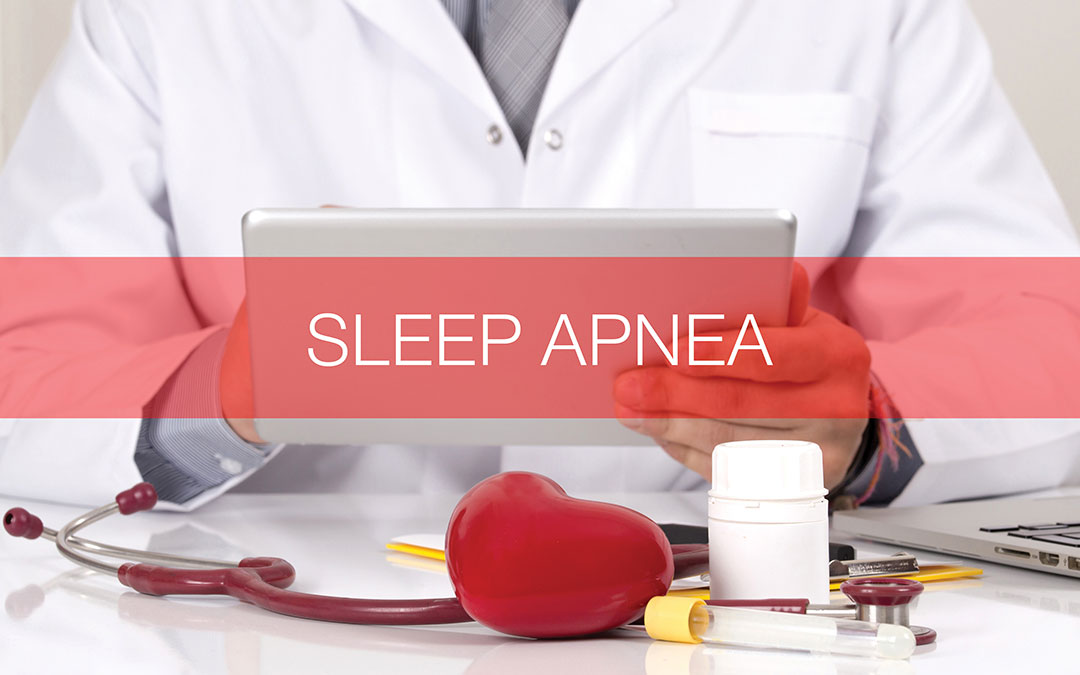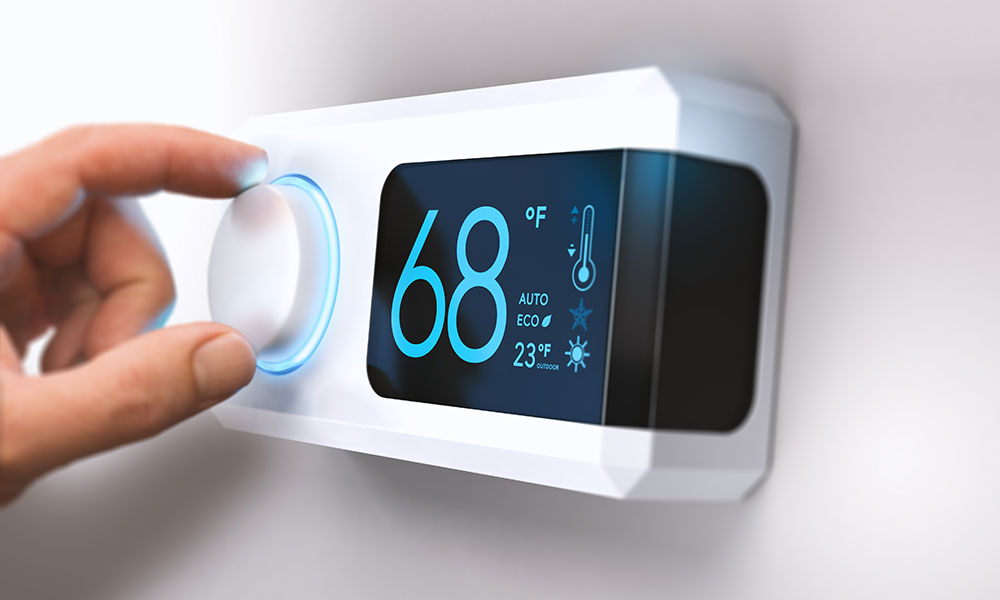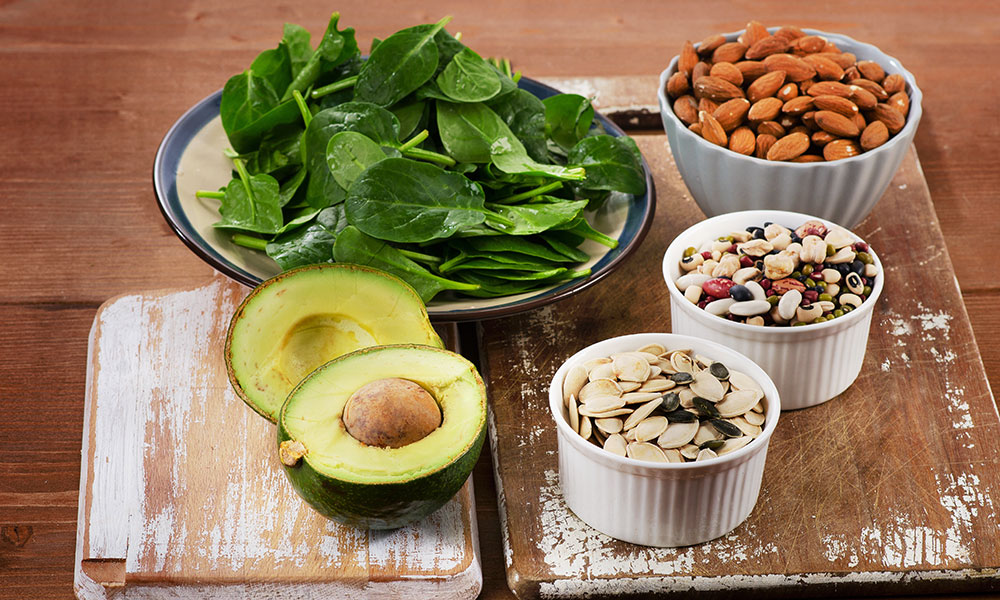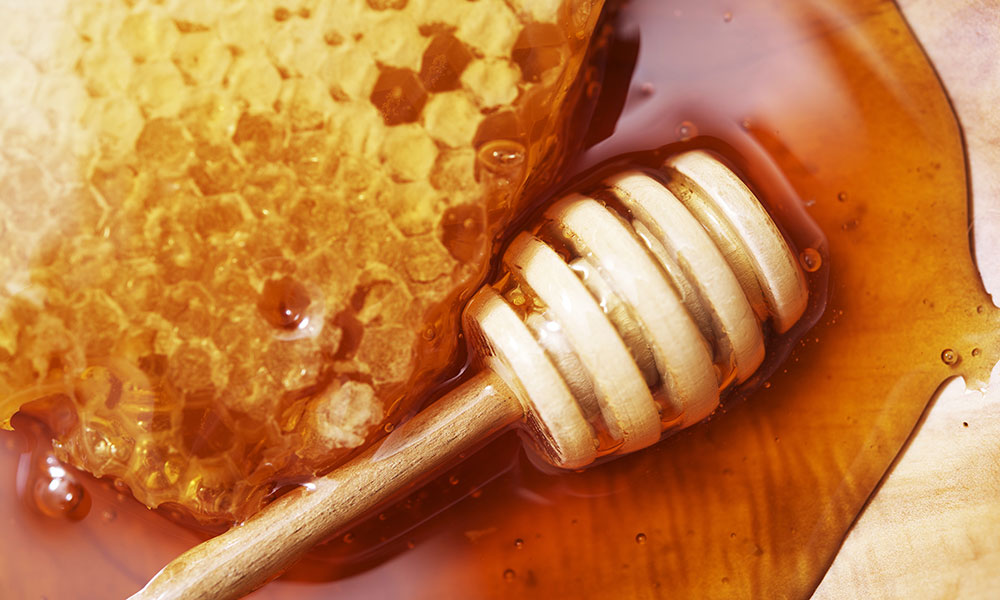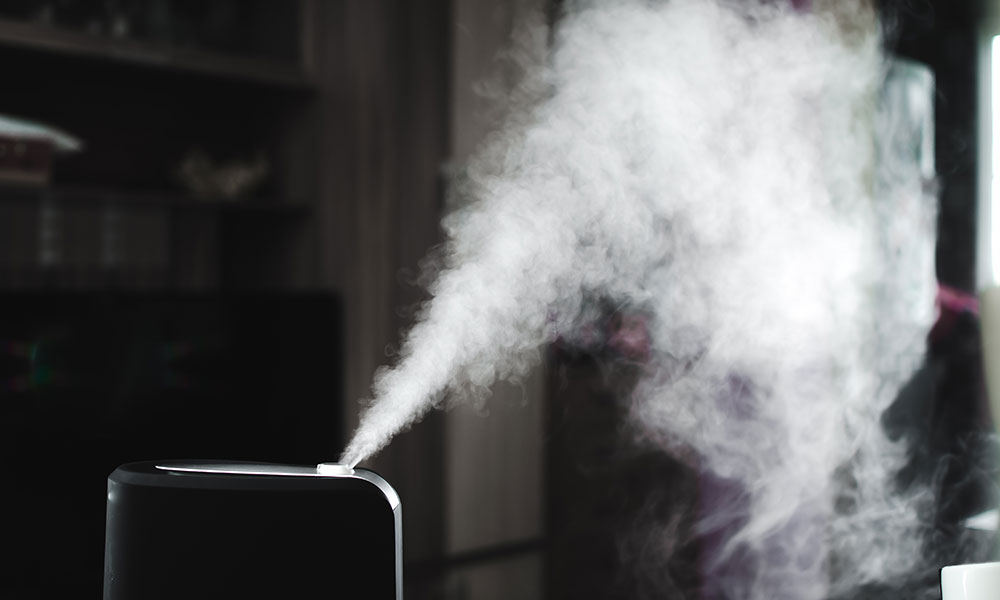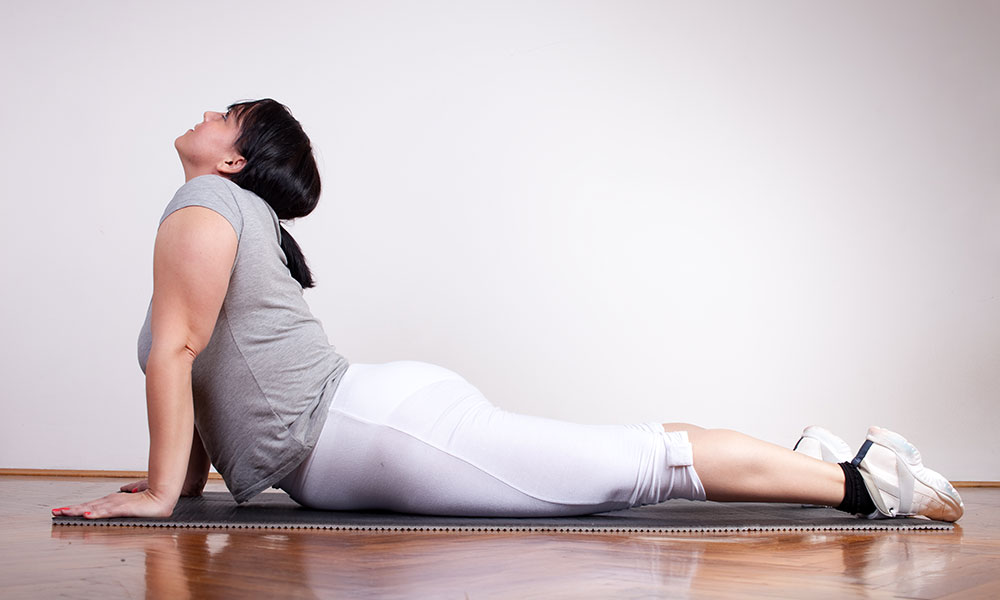Did you know that as much as 37 percent of the population in North, Central and South America alone suffer from sleep apnea? If you’re one of them seeking sleep apnea relief, you know how much it can disrupt your life.
Thankfully, there are great treatment options. Treatment is highly effective at relieving symptoms and reducing the risks associated with this common sleep disorder. There are also ways you can complement your sleep apnea treatment for additional relief.
Although our recommendations for complementary ways you can help alleviate symptoms associated with sleep apnea, these are not alternative options for treating this medical disorder. They may however help to improve your sleep so you feel healthier overall.
1. Turn Down the Thermostat to Improve Overall Nighttime Sleep
The ideal temperature for sleep is between 60 and 67 degrees Fahrenheit. This is just good advice for anyone, but researchers tested the effects of ambient temperature on people with sleep apnea and discovered surprising results.
As you may have suspected, people with sleep apnea reported better sleep when the room temperature was around 61 degrees Fahrenheit. They reported feeling more alert in the mornings. They also had better sleep efficiency, which is the amount of time spent actually asleep while in bed. When the room was warmer (around 75 degrees) they experienced poorer sleep.
What makes this study so interesting though is that untreated sleep apnea was also worse when the temperature was lower. Which means the cool room temperature provides better sleep despite worsening sleep apnea symptoms, and if you’re treating your sleep apnea you’ll be able to sleep at ideal temperature without worrying about your symptoms getting worse.
Alternatively, the Chilisleep system is a great way to stay cool and comfortable at night, especially if your sleep partner prefers to sleep warm.
2. Relax with the Scent of Lavender
Lavender was used in traditional folk medicine to treat hair loss, or as an appetite suppressant or to reduce anxiety. It’s popularity is surging once again with its use in aromatherapy. Many people find the pleasing odor relaxing and claims it helps put them more in the mood for sleep. Although there are some small-scale studies to suggest lavender helps with anxiety, more research is needed
If you personally find the lavender scent pleasing though, and feel it helps calm you, we suggest putting a few drops of 100% pure lavender essential oil on a towel. Then place the towel under your pillow or inside your pillowcase.
You can also add lavender to hot water and inhale the steam, or use an oil diffuser to fill your bedroom with the scent.
3. Try Magnesium For Better Sleep
One study found that people with sleep apnea had lower levels of magnesium in their bodies. Those lower levels of magnesium also correlated to higher levels of c-reactive protein in the bloodstream. C-reactive proteins are produced by the liver to combat inflammation in the body.
People suffering from sleep apnea experience high oxidative stress during the night. Magnesium has high anti-inflammatory properties which help reduce inflammation and may be therapeutic for people with sleep apnea.
Magnesium can be found in healthy foods like avocados, seeds and nuts, bananas and leafy greens such as kale, spinach and collard greens. Even dark chocolate is high in magnesium. Magnesium supplements are also available, but talk to your doctor before taking any supplement, especially if you have a preexisting condition or are on other medications.
Another option for increasing the magnesium levels in your body are to enjoy Epsom Salt Baths before bedtime. Plus, a nice warm bath can help get your body ready for bed. To learn more about how a warm bath can improve your sleep read the Top 5 Tips to Help You Fall Asleep and Stay Asleep.
4. Soothe Your Throat with Raw Honey
Raw honey is used therapeutically, and has been for thousands of years, to soothe sore throats and reduce swelling and the severity of coughing fits.
While it isn’t medicine, honey has well-established anti-inflammatory properties due to its high level of phenolic compounds which can act as antioxidants. Sleep apnea patients also appreciate its throat soothing benefits.
Before bed, drink a mug of warm water or tea and add one teaspoon of raw honey. We recommend raw, unpasteurized honey because processed honey often has fewer nutrients and antioxidants as well as added sugar.
5. A Humidifier Can Help You Sleep
Humidifiers add moisture to the air. This is great for anyone suffering from sleep apnea because dry air can irritate the respiratory system and the body.
Humidifiers can also help decrease congestion, open airways, and promote clearer breathing. To get more out of your humidifier, consider adding lavender, eucalyptus, or peppermint oil. A pleasing aroma might help to put you in a better mood so you can relax.
This may go without saying, but always follow the manufacturer’s cleaning instructions. Your humidifier can be a mold and bacteria breeding ground if not kept clean and sanitized. Neither of which are good for your lungs or breathing easily at night.
6. Replace the SAD (Standard American Diet) for the Mediterranean Diet
Excess weight and sleep apnea are often linked and the American Academy of Sleep Medicine recognized weight loss and exercise as both viable lifestyle treatment options. Discover how and why sleep apnea contributes to an increase in weight in our article Does Sleep Apnea Cause Weight Gain? Here’s What You Need to Know.
Although the emphasis on weight loss is often on caloric restriction, there is evidence that the Mediterranean diet not only helps with weight reduction, but may also provide additional benefits.
In one study, the Mediterranean diet, paired with CPAP and exercise, showed it helped apnea sufferers improve their Apnea-Hypopnea Index (AHI) scores which measures the severity of sleep apnea.
The Mediterranean diet has also long been linked to weight loss and improved heart health. It’s based on the classic eating patterns of the countries that border the Mediterranean sea. The diet contains many inflammation-fighting antioxidants with its recommendation of lots of fruits, vegetables, whole grains, nuts, seeds and olive oil. Poultry, fish and dairy are eaten regularly, but red meat and processed foods are limited.
There are easy ways to add in the foods recommended in the Mediterranean Diet, starting with swapping out conventional cooking oil for olive oil, replacing red meat with fish or chicken, and swapping out potatoes or french fries for leafy greens. Snack on fresh fruit, nuts or seeds instead of chips or crackers.
7. Yoga and Throat Exercises Help Reduce Snoring
If you’ve never picked up a yoga mat, or made it a habit of singing in the shower you may after you read this.
If you have sleep apnea, your throat muscles relax and the soft tissues of the mouth and throat block the passage of air while you sleep. This may be a partial blockage or a complete (albeit temporary) blockage. To help reduce the symptoms associated with these blockages, throat exercises (aka oropharyngeal exercises) have been shown as one possible method to reduce the severity of sleep apnea symptoms.
There are several different types of throat exercises identified and shown to work which involve yelling or singing. In fact, one study found that daily singing exercises reduced the severity of snoring.
Yoga’s benefits are twofold. Yoga helps strengthen the throat with breathing exercises and the body with actual exercise. Although yoga doesn’t always burn as many calories as an aerobic exercise routine, it helps build strength, endurance and provides the health benefits of exercise, including potential weight loss which as we know, helps reduce the severity of sleep apnea.
8. Avoid Smoking and Drinking Alcohol Excessively
To help reduce sleep apnea related symptoms, avoid excessive alcohol consumption and cigarette smoking.
Alcohol relaxes the muscles in your throat, and for sleep apnea sufferers, relaxing your throat muscles is even more disruptive to your regular breathing pattern. That disruption in turn leads to snoring and an interrupted sleep cycle.
Smoking tobacco causes swelling and inflammation of the airway. This will worsen sleep apnea, and contributes to snoring.
In fact, a study conducted in 2012 identified smoking as a major risk factor for developing sleep apnea. Interestingly, the study also noted that those who suffer from sleep apnea also have a predisposition to smoking. In other words, if you treat your sleep apnea, you may find it easier to quit smoking.
Are You Ready for Sleep Apnea Relief?
While none of our suggestions should ever be used in place of actual sleep apnea treatment, these simple, everyday suggestions may help improve your ability to get a good night’s rest, and complement traditional treatments recommended by a sleep specialist.
Additionally, many of the recommendations for making changes in your diet or adding in exercise like yoga, can help with weight loss and reducing body weight by just 10% can help significantly decrease sleep apnea symptoms.
If you suspect you may have sleep apnea and would like to learn about treatment options available, please contact one of our sleep specialists today.
- Samarghandian, Saeed et. al (2017) Honey and Health: A Review of Recent Clinical Research. Pharmacognosy Research, 9(2): 121–127: Retrieved on November 1, 2019 from https://www.ncbi.nlm.nih.gov/pmc/articles/PMC5424551/
- Koulivand, Peir Hossein et. al (2013) Lavender and the Nervous System. Evidence-Based Complementary and Alternative Medicine, 2013: 681304: Retrieved on November 1, 2019 from https://www.ncbi.nlm.nih.gov/pmc/articles/PMC3612440/
- Fernando Esteves Cardia, Gabriel et. al (2018) Effect of Lavender (Lavandula angustifolia) Essential Oil on Acute Inflammatory Response. Evidence-Based Complementary and Alternative Medicine, 2018: 1413940: Retrieved on November 1, 2019 from https://www.ncbi.nlm.nih.gov/pmc/articles/PMC587887
- Karamanli H et. al (2017) Serum levels of magnesium and their relationship with CRP in patients with OSA. Sleep and Breathing, 21(2):549-556: Retrieved on November 31, 2019 from https://www.ncbi.nlm.nih.gov/pubmed/27600660
- Valham, Fredrik et. al (2012) Ambient Temperature and Obstructive Sleep Apnea: Effects on Sleep, Sleep Apnea, and Morning Alertness. Sleep,35(4): 513–517: Retrieved on November 1, 2019 from https://www.ncbi.nlm.nih.gov/pmc/articles/PMC3296793/
- Sowndhararajan, Kandhasamy et. al (2016) Influence of Fragrances on Human Psychophysiological Activity: With Special Reference to Human Electroencephalographic Response. Scientia Pharmaceutica, 84(4): 724–752: Retrieved on November 1, 2019 from https://www.ncbi.nlm.nih.gov/pmc/articles/PMC5198031/
- Dobrosielski, Devon et. al (2017) Diet and exercise in the management of obstructive sleep apnoea and cardiovascular disease risk. European Respiratory Review, 26(144): 160110: Retrieved on November 1, 2019 from https://www.ncbi.nlm.nih.gov/pmc/articles/PMC5559698/
- Guimarães KC et. al (2009) Effects of oropharyngeal exercises on patients with moderate obstructive sleep apnea syndrome. The American Journal of Respiratory and Critical Care Medicine, 79(10):962-6: Retrieved on November 1, 2019 from https://www.ncbi.nlm.nih.gov/pubmed/19234106
- M. Hilton et. al (2013) Singing Exercises Improve Sleepiness and Frequency of Snoring among Snorers—A Randomised Controlled Trial. International Journal of Otolaryngology and Head & Neck Surgery, 2 (3) 97-102: Retrieved on November 1, 2019 from https://www.scirp.org/journal/PaperInformation.aspx?PaperID=31850

